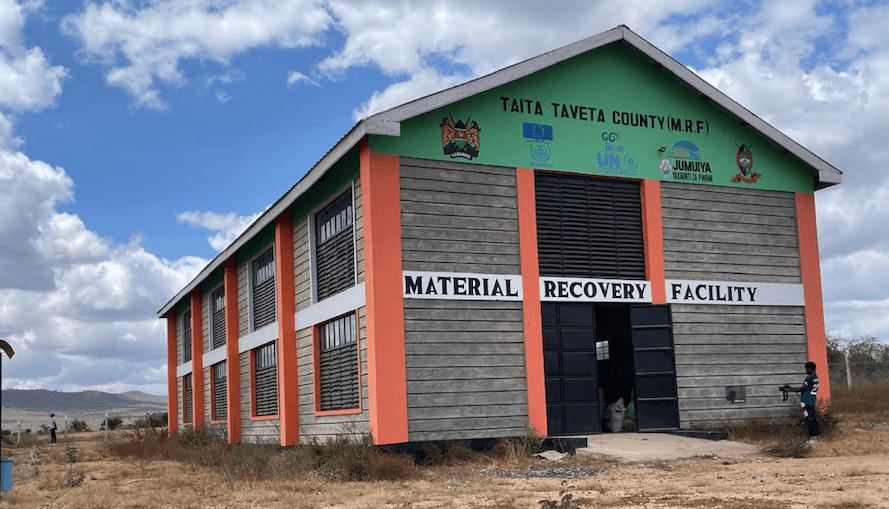

The Environment and Land Court in Voi has nullified a controversial tender by the national government to lease a 15,000-acre livestock quarantine station in Taita Taveta County, declaring the process unconstitutional and a violation of devolution principles.
In a judgment delivered on October 23, Justice Edward Wabwoto ruled that the tender encroached on functions constitutionally assigned to county governments, thereby undermining the spirit of devolution.
The case stemmed from a July 2024 tender advertised by the Ministry of Agriculture and Livestock Development, which sought to lease the facility to a private investor for 30 years to manage, develop, and maintain it for livestock screening and export purposes.
However, the Taita Taveta County Government, through lawyer Maingi Musyimi, challenged the move, arguing that the national government had acted beyond its mandate.
The county maintained that animal husbandry and livestock management are devolved functions under the Fourth Schedule of the Constitution and therefore fall squarely within county jurisdiction.
The petitioner contended that the national government’s unilateral decision to lease the land without consultation or public participation amounted to an unlawful usurpation of county authority and threatened the principle of devolution. It added that part of the land was already being used for livestock breeding and local employment, reinforcing the county’s active role in managing the facility.
In response, the Cabinet Secretary for Agriculture and the Attorney General, representing the national government, defended the tender process.
They argued that the Bachuma Livestock Export Quarantine Station was a strategic national asset central to international livestock trade and veterinary certification for exports — functions they said were reserved for the national government.
The respondents further asserted that the land historically belonged to the national veterinary department and that the tender had been conducted in compliance with the Public Procurement and Asset Disposal Act, making it lawful and transparent.
They added that public participation was not
required at the procurement stage and claimed the county’s objections were an
afterthought.
Justice Wabwoto, however, rejected those arguments, citing the principle of subsidiarity that underpins devolution, which holds that local functions should be managed at the most immediate and effective level.
“The national government only bears a policy function, which
for all intents and purposes is implemented by county governments,” the judge
stated.
The court found that the state had breached constitutional provisions requiring consultation and cooperation between national and county governments. Justice Wabwoto ruled that proceeding with the multi-decade lease without involving the county or facilitating public participation contravened Articles 10, 174, 186, and 187 of the Constitution, as well as Section 87 of the County Governments Act.
While the petition succeeded on most grounds, the court declined to grant an order of mandamus sought by the county to compel the unconditional transfer of the farm. It held that the county had not demonstrated prior engagement with the National Land Commission (NLC) regarding the land’s transfer.
Ultimately, the court issued a declaration that the tender was unconstitutional, null, and void, accompanied by an order of inhibition restraining the Ministry from implementing the lease and an order of certiorari formally quashing the tender in its entirety.
The ruling is expected to have far-reaching implications for how national and county governments handle joint functions, particularly in the management of land and agricultural resources.


















